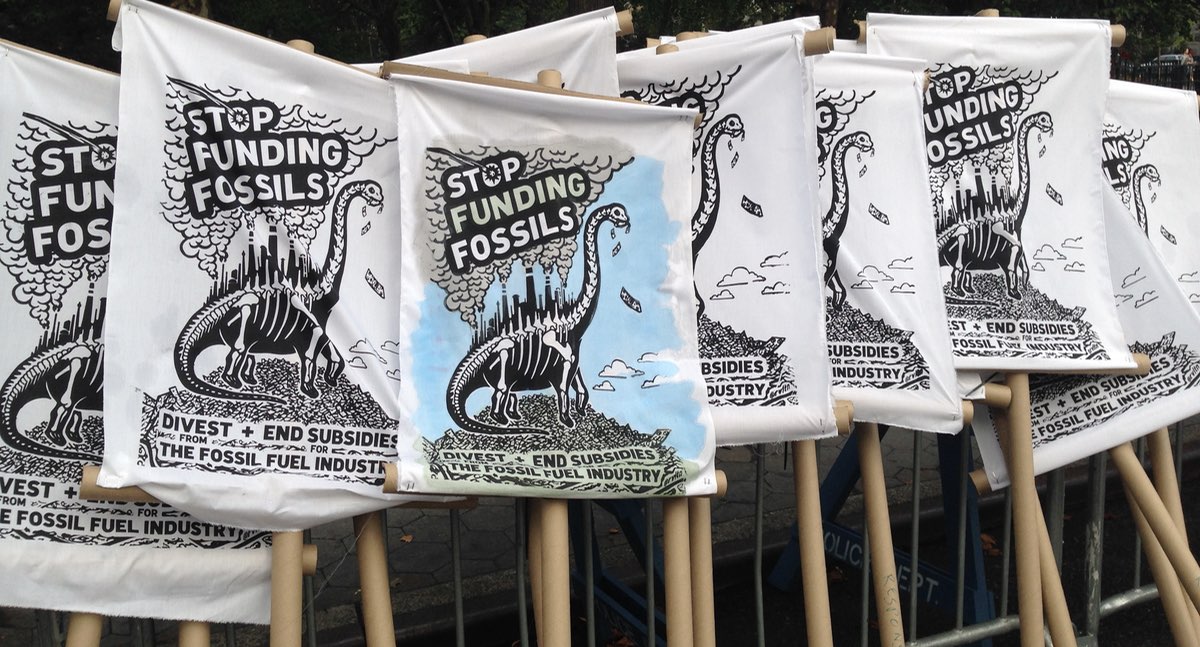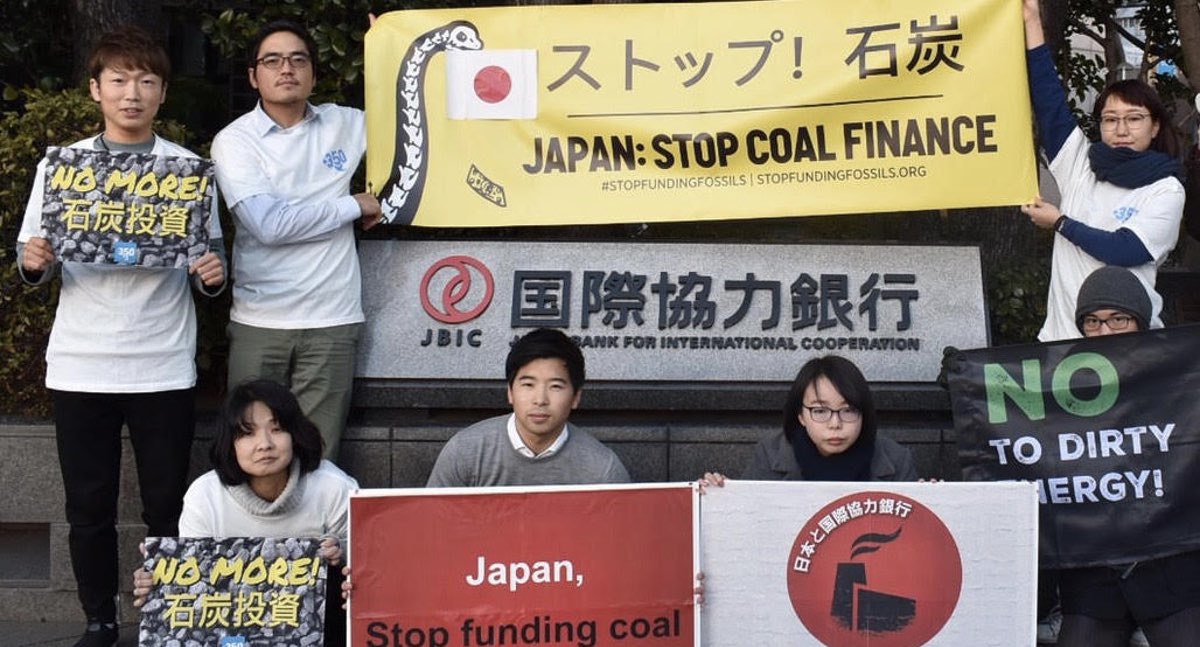STOP FUNDING FOSSILS
Our Stop Funding Fossils program uses critical analysis and strategic organizing to end the vast quantities of government support flowing to the fossil fuel industry and accelerate the clean energy transition.
Public finance and subsidies for fossil fuels play a key role in driving oil, gas, and coal production. Climate leadership means not wasting another cent of public money on the industries that are causing the problem.
OVERVIEW OF WORK
Our research shows that G20 governments spend $444 billion per year propping up oil, gas, and coal production, while the G20’s taxpayer-backed public finance institutions provide nearly 4 times more public finance to fossil fuels than to clean, renewable energy.
These massive subsidies play a key role in expanding oil and gas production and locking in existing fossil fuels: recent analysis finds that half of the new oil fields being drilled in the US would have remained undrilled if not for substantial subsidies; at the same time, public finance for fossil fuels de-risks capital-intensive megaprojects, like massive coal plants in Southeast Asia, few of which would proceed without government backing. And as oil, gas, and coal producers face increasing competition from renewable energy, instead of simply reducing fossil fuel production, they exert their political influence to get more handouts to keep extracting.
Instead of spending scarce public resources on the fossil fuel industry, our work challenges public institutions to scale up their support for distributed renewable energy solutions that can deliver energy access quickly and at least cost in many developing countries: today, support for these solutions makes up only a tiny fraction of all public finance for energy.
We know from the work of our Energy Transitions and Futures program that already-producing oilfields, gasfields, and coal mines hold enough carbon to take the world well beyond 1.5°C of warming and up to 2°C. This means that governments who’ve signed up to the Paris Agreement (that’s nearly everybody) shouldn’t spend another cent of public money on fossil fuels if they take their commitment seriously. We call on them to stop funding fossils.
LATEST PROGRAM POSTS
The president presented some encouraging words at Georgetown University today when he spoke about the urgent need to address America’s energy security. As he so often does, he correctly identified the problem the nation faces in continuing to rely on dirty forms of energy that pollute and cause climate change and particularly on oil, the price of which is currently causing Americans economic pain.
But as usual the President chose to take a ‘let’s try and please everyone’ approach and missed a number of opportunities to get at the heart of the problem. The President made a passing reference to Canadian
It’s time to shift international energy investments to support energy services that are clean, reliable, and sustainable, and honestly provide energy access for the poorest.
You can help. The World Bank – an influential development bank that runs on taxpayer money – is currently updating its Energy Strategy that will guide its investments for the next decade. Despite its pro-poor, pro-climate rhetoric, the World Bank’s fossil fuel lending has increased 400 percent since 2006. Furthermore, according to Oil Change International's independent analysis, NONE of the oil, gas or coal projects in the last two years were funded specifically to provide energy
We are in this fight to win it for ourselves, our pocket books, our planet, and our kids and grand kids. And this is a fight. Despite the trillion in profits big oil and gas companies are making on the backs of American consumers, they came out swinging against President Obama’s second call in his State of the Union to eliminate fossil fuel subsidies.
There is a good reason why. “While American businesses and consumers are tightening their belts, hugely profitable multi-national oil and gas companies are set to enjoy $53 billion in royalty-free drilling over the next 25 years and
At the same time it appears that big oil and coal climate denial campaigns are successfully stifling climate action in Congress and the Obama Administration, a group of America’s top scientists stepped up to the plate on Tuesday and called on House and Senate leaders to “take a fresh look at climate change.”
And none too soon: News from the oil industry has been grim lately. Both BP and Exxon would have us believe that progress to stabilize CO2 emissions will be insufficient to avoid massive loss of life and other disastrous consequences of climate change.
Keep in mind that these are
LATEST PROGRAM RESEARCH
U.S. single biggest violator of CETP pledge, approving the most fossil fuel projects of any signatory for a total of almost USD $2.3 billion.
"Today’s announcement from the Netherlands, United Kingdom, Canada and many of their peers is a disappointment. At a time when we need rich country leaders to concretely expand their past ambition to secure a fair deal, these ministers are just regurgitating promises and initiatives that are now more than a decade old and have been so ineffective that fossil fuel handouts and profits continue to reach record levels."
Australia has joined a major international initiative to end international public finance for fossil fuels at an event held at the UK Government Pavilion today at COP28. Australia follows Norway, who also joined the initiative on Saturday.






